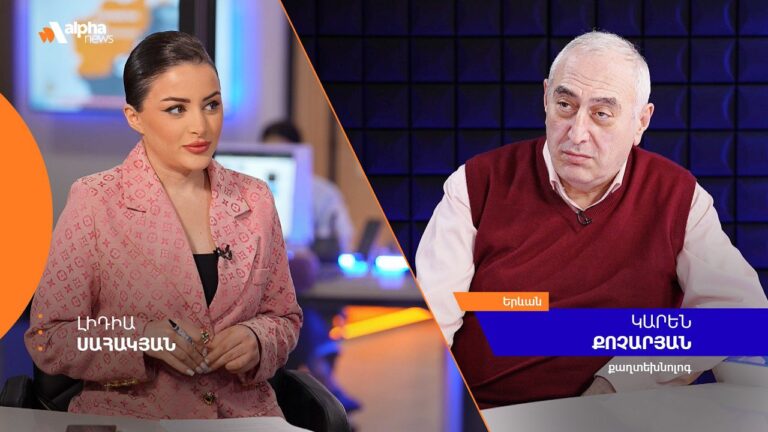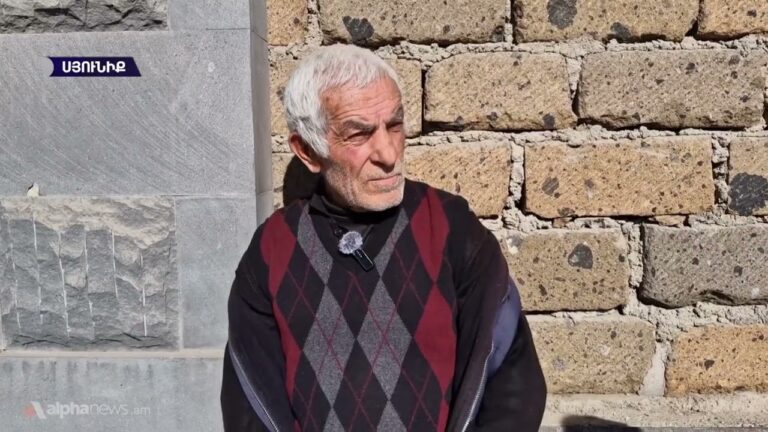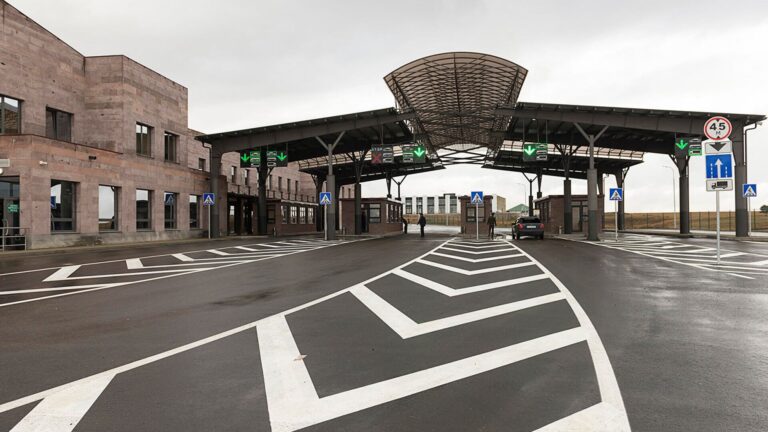Armenia is an important part of the Russian information agenda
September 14 2023, 12:21
The last few weeks cannot be called the most fruitful period of Armenian-Russian relations. Mutual accusations often escalate into diplomatic skirmishes, but among other things, this indicates that Armenia has once again become an important part of the information agenda in Russia.
If previously the episodic attention of the Russian authorities and Russian media to the situation in Armenia and around it allowed the government of Nikol Pashinyan to build its policy in “information silence”, now the situation has obviously changed, manifesting itself in the almost daily appearance of Armenia in the information agenda of Russian media and Russian officials.
Thus, Spokesperson of the Russian MFA Maria Zakharova again commented on the situation around the Lachin corridor, as well as the crisis in Armenian-Russian relations.
Zakharova’s statements are a good reason to talk about the essence of the problem with the Lachin corridor. Speaking about the blockade, it should be noted that in addition to the manifestation of Armenian hatred and the desire to dismantle the statehood of Artsakh, the blockade is a direct consequence of the fact that in September and October 2020 the agreement dated November 9, 2020 was edited in Washington and Prague.
To remind, the document dated November 9, 2020 left the question of the status of the Nagorno-Karabakh Republic open, with the negotiation process taking place aimed at recognizing the sovereignty of Baku over Artsakh.
If official Yerevan recognizes Artsakh as part of Azerbaijan, and agrees that it will no longer participate in negotiations on the future of Artsakh, leaving this process to the will of “international guarantors”, it automatically means that the mineral deposits in Artsakh are the property of Azerbaijan, and the Artsakh Defense Army must be disbanded, with the Lachin corridor also being the territory of Azerbaijan.
Taking advantage of the concession of official Yerevan represented by Nikol Pashinyan, Azerbaijan first attempted to block the corridor, then installed a checkpoint, and subsequently imposed a total blockade of Artsakh, thereby implementing one of the scenarios for the expulsion of Armenians from the territory of Artsakh.
Due to the fact that the problem is purely political, the resolution must be political (not technical, such as opening an air corridor), manifesting itself in the fact that official Yerevan must once again declare that it is the guarantor of protection of the right of the Artsakh people to self-determination, which will nullify the Prague and Washington agreements, and will also enable our allies (natural and strategic – Iran and the Russian Federation) to return to the option of resolving the Karabakh conflict, with the issue of the Artsakh status being left for negotiations at the next stage.
It should be noted that the position according to which official Yerevan should again be the guarantor of the right of the Artsakh people to self-determination does not mean that Armenia should put aside the process of delimitation and demarcation of borders, as well as the process of unblocking regional communications. Stable and peaceful South Caucasus, with actively working transport and energy communications, is a definite expression of the strategic interests of Armenia itself.
But it is impossible to achieve through the ethnic cleansing of 120 thousand Armenians in Artsakh and through the denial of their fundamental right to self-determination.
Political problems must receive political resolutions.
At the same time, Maria Zakharova even commented on a topic from a very narrow “internal Armenian news feed”, the news about “the arrival of the Wagner PMC militants in Yerevan.” In Armenia, the mythical militants of Wagner have already been attributed to a “planned coup d’etat”; and the former head of the State Security Service of Armenia, Sargis Hovhannisyan, has already become a “victim” of Wagner. According to a number of sources, he was fired because of fireworks at the Dvin Hotel (located not far from Pashinyan’s residence), the sounds of which were perceived as a manifestation of military activity.
This is most likely the first time in history that a person was fired because of the sounds of fireworks, which were perceived as military activity by militants who are not even in the country. The fact remains that Armenia is once again an important part of the Russian information agenda.







